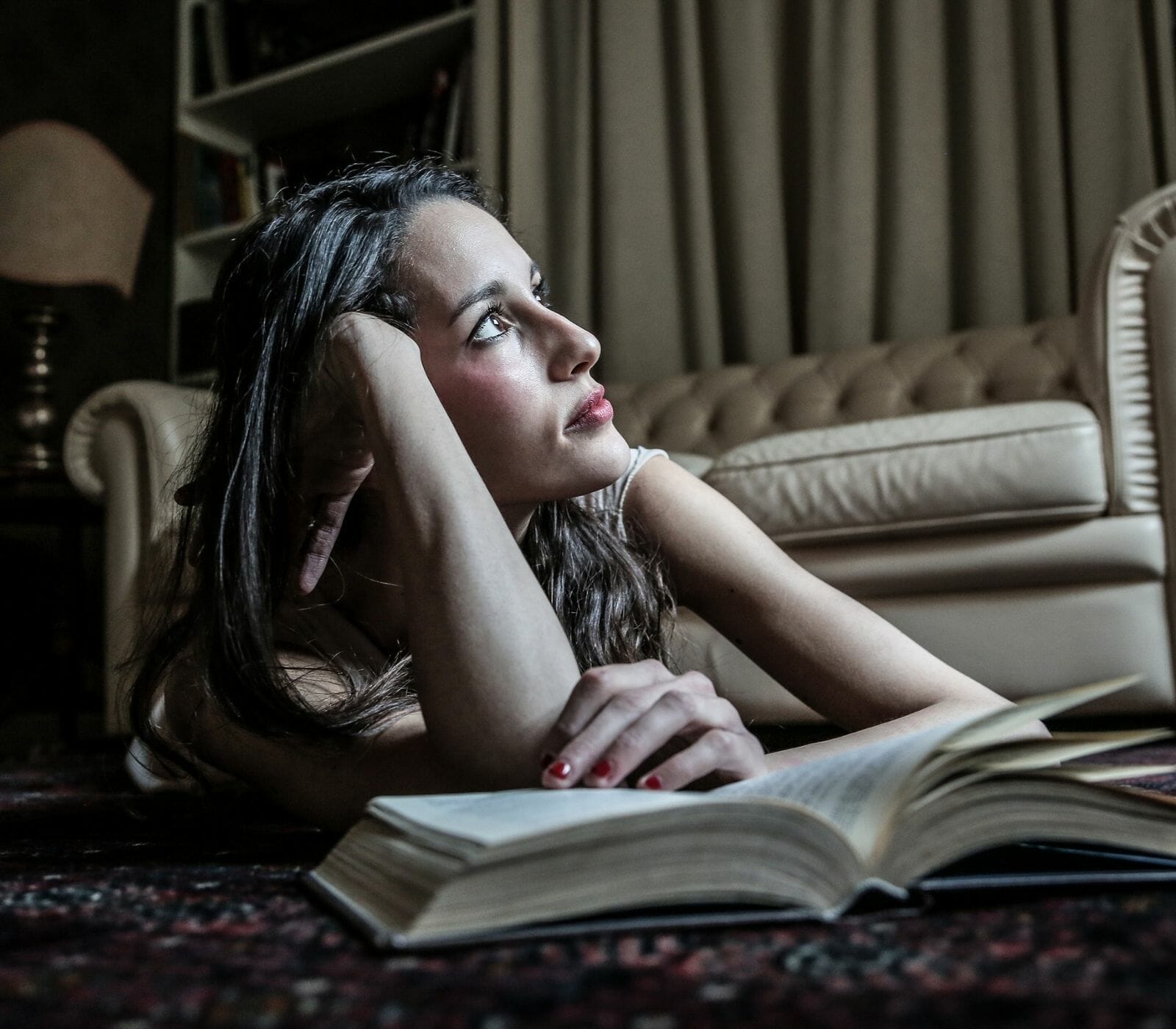Discover the Literary Genres

Discover the Universe of Literary Genres
Literary genres: find out what they are, their styles, and characteristics.
Chronicle, Poetry, Novels, or Essay? What is your favorite type of reading? Whatever your answer, and if you like to stroll through bookstores, lovingly looking at their shelves of your favorite reading style, know that you owe it all to Aristotle.
Yeah! Thanks to the Greek philosopher, today we have the conception of what literary genres are and the different writing that make up each one of them!
Do you want to know more about them?
What really are literary genres?
Literary genres are sets of texts with the same classification according to language parameters. They are writings with the same characteristics, especially regarding form, discourse, context, and other formal aspects.
It is legal for us to bring the meaning of the expression gender: the origin of the word is from Latin, “genus” means origin, source, and “eris” means birth. So, we can deduce that literary genres group texts according to factors that determine their “origin of birth.”
So, you must be asking yourself, “When did Aristotle enter this classification of literary types?”
When did they appear?
The Literary Genre definition appeared approximately between the years 335 BC and 323 BC. In Poetic Art, work with some of Aristotle’s notebooks, we know the definition of literary genres.
What are the existing literary genres?
First, let’s clarify that some authors classify genres by age: the classic and the modern.
You will notice no significant differences, just a few breakdowns of literary types, which were once part of a genre. Nowadays they are an independent genre.
In the literature, Aristotle observed 3 genres: epic or narrative, dramatic and lyrical.
Now, let us know a little about their particularities, textual types, and examples.
Lyrical Genre
When we talk about this Genre, people soon associate it with poetry. This is not wrong since it is one of the lyrical styles.
Poetry expresses the author’s personal thoughts and conceptions, mainly in a metaphorical way, in the form of verses.
The Genre stands out for the demonstrations of emotions and feelings, narrated in a rhythmic tone, almost like a song’s rhythm. This, because in ancient Greece, poems were recited accompanied by the lyre’s sound, hence the origin of the name.
Another important feature is the presence of the lyrical self, a narrator who participates in the story. For this reason, subjectivity and first-person writing are found in the lyric Genre.
In addition to poetry, We Consider as a Literary Lyric Genre the Following:
The sonnet: poem composed of 14 verses, two quartets (stanzas with 4 verses), and two tercets (stanzas with 3 verses).
Ode: moving and intellectual poems describe the world and nature with a sophisticated language, structure, and styles.
Satire: This modality covers texts, usually with controversial themes, written with irony and sarcasm.
Haiku [1]: of Japanese origin, it is a poem composed of only 3 verses.
Anthem: always with a musical arrangement, it is a text of exaltation to a deity or country.
Dramatic Genre
According to Aristotle’s definition, the dramatic Genre is suitable for the staging of his stories. Therefore, here we have the involvement of theatrical literature, with texts in prose or verse.
One of its narrative particularities is that the lines (narrative voices) belong to the characters; actors tell the stories through dialogues or monologues.
The dramatic Genre has 3 fundamental elements: author, text, and audience.
The Styles that are part of this Genre are:
Tragedy: the purpose of this dramatic performance is to cause horror and public pity. It almost always narrates events involving gods, fate, and society.
Farse Or Comedy: A comic style that uses everyday situations and the family environment to create funny situations.
Elegy: A style that praises the death of the main character to portray sadness and nostalgia. A classic example is the story of Romeo and Juliet.
Genre Narrative or Epic
Finally, perhaps the most well-known, the epic or narrative genre has as main characteristics the presence of a narrator telling a real or imaginary story.
The epic Genre is the oldest literary representation. Its name refers to stories involving significant events, including mythological and legendary. Thus, it is easy to see another characteristic of this Genre.
The texts belonging to the style have a structure with introduction, development, and conclusion and are mostly written in prose. The fundamental elements of a narrative Genre are the narrator, plot, the characters, time, and space.
Diverse Classification for Different Genres
At the beginning of the text, some authors classify the genres as classic and modern. Now, we will see some styles of the narrative Genre that, for these authors, have a new conotation as contemporary genres. However, the conception is the same, is it considered classic or modern.
Romance Novel: This style brings a dense plot, with several plots. Time, space, and characters need great definition and structure in a novel.
The novel is one of the styles by many classified as a modern literary genre.
Short story. Typically, this narrative is constructed from events and imaginary figures, then considered a fictional work. His narrative is brief, much smaller than that of a novel. It is also considered a modern genre.
A novella is a literary style of short narrative, not as quick as a short story, but smaller than a novel. It presents some plots, not as many as a novel; sometimes they are complex. Another style is framed as one of the modern literary genres.
Fable: Textual style that starts from the imaginary world to bring teaching to the readers. His characters are usually animals or objects, and the primary references are children’s fables.
Epic: Despite being in the narrative Genre, it is a poem that narrates great heroic deeds.
Chronicle: One of the most famous literary styles, the chronicle’s main characteristic is informality. Most of his texts are reports of recurring events, with traces of humor and irony.
Now that you have learned a little about each literary Genre, how about starting to wring in a new Style and explore a different literary genre?
[1] HaikaiHaikai may refer to haikai no renga in Japanese and English, a popular genre of Japanese linked verse, which developed in the sixteenth century out of the earlier aristocratic renga. It meant “vulgar” or “earthy” and often derived its effect from satire and puns. However, “under the influence of Bashō, the tone of haikai no renga became more serious.” “Haikai” may also refer to other poetic forms that embrace the haikai aesthetic, including haiku and senryū, haiga, and haibun. However, haikai does not include orthodox renga or waka.
You May Like to Read:
Should I Write in Different Genres?




